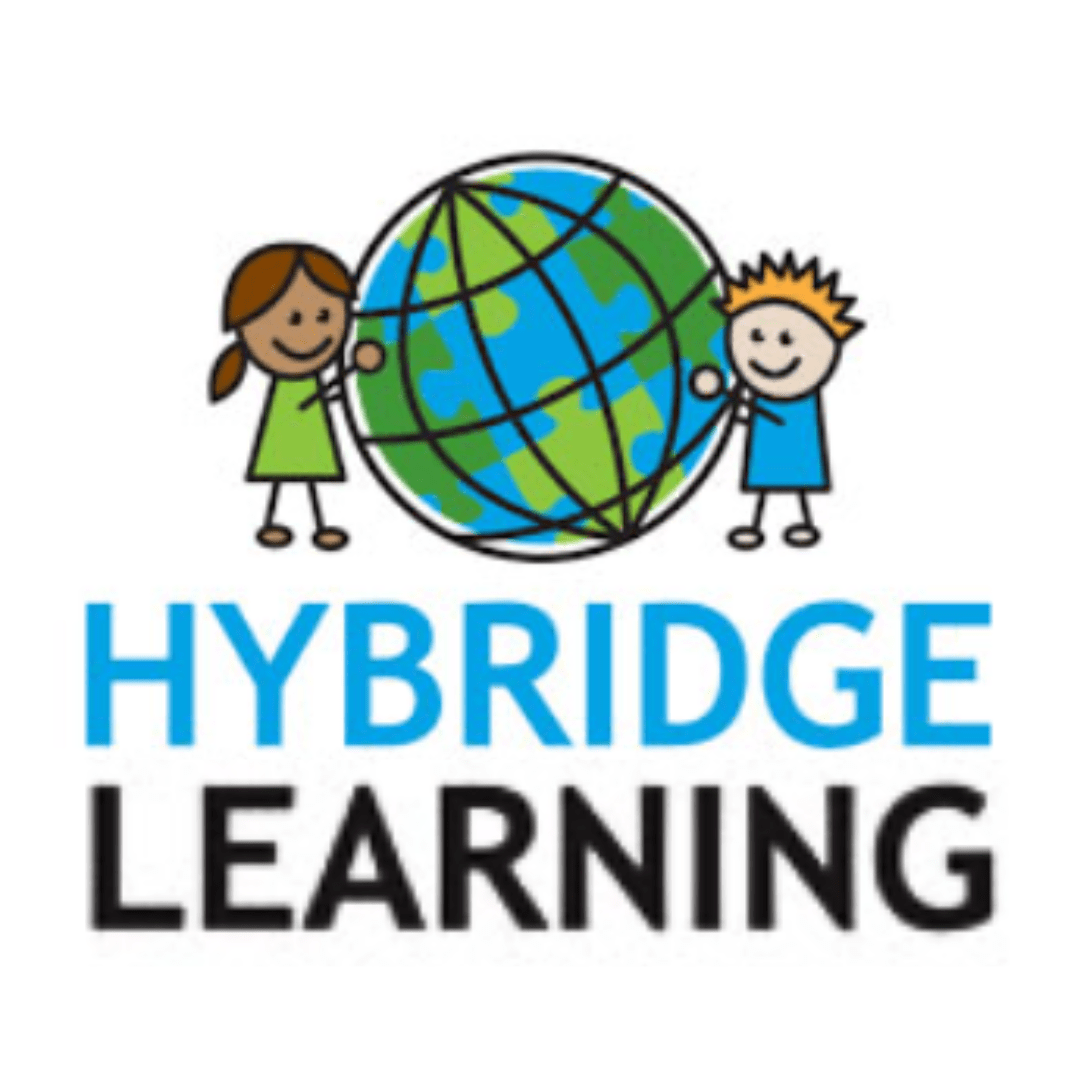Welcome to Natural Environment Teaching (NET), where learning happens in the real world.
If you’re a parent or caregiver of a child with autism, you might be wondering how this unique approach can help your child develop essential skills in a fun and engaging way.
So, let’s dive into this exciting method of ABA therapy and see how it can bring joy and growth to your child’s life.
What is Natural Environment Teaching (NET)?
Natural Environment Teaching is an innovative approach within the realm of Applied Behavior Analysis (ABA) that emphasizes learning in real-world settings.
Unlike traditional ABA, which often takes place in clinical environments, NET occurs in the child’s everyday surroundings, such as at home, in the community, or at school.
Think of it as taking the learning out of the classroom and into the playground, grocery store, or even your living room!
How NET Differs from Traditional ABA
Traditional ABA therapy typically involves structured sessions in a clinical setting, focusing on specific behaviors and skills through direct instruction.
While this can be effective, it sometimes lacks the natural context in which those skills will ultimately be used.
In contrast, NET embraces spontaneity and real-life experiences. The therapist capitalizes on naturally occurring opportunities to teach skills and behaviors, making the learning process more dynamic and meaningful.
For instance, instead of practicing turn-taking with toys in a clinical setting, a therapist might encourage your child to take turns with peers while playing a game at the park. This approach helps children see the relevance of what they’re learning, leading to greater motivation and engagement!
How Learning in Real-World Environments Enhances Skill Development
Learning in natural environments offers several advantages for children with autism:
- Contextual Learning: Skills learned in real-life situations are more easily understood and retained. For example, practicing ordering food at a restaurant helps children generalize their communication skills to similar situations outside of therapy.
- Immediate Feedback: In natural settings, children receive immediate feedback from their environment, peers, and caregivers. This instant reinforcement helps solidify new skills and behaviors, making the learning process more effective.
- Increased Motivation: Children are often more motivated to engage in learning when it involves their interests and favorite activities. Whether it’s exploring the backyard or playing with friends, natural environments provide a rich backdrop for learning that captures attention and sparks curiosity.
- Holistic Skill Development: NET encourages the development of a variety of skills simultaneously. As children navigate their environment, they can work on communication, social interactions, and daily living skills all in one activity. This holistic approach creates well-rounded learners!
Examples of Natural Environment ABA Activities for Children with Autism
Now that we understand the benefits, let’s explore some fun and engaging NET activities that can enhance your child’s learning experience:
- Grocery Store Adventures: Turn a grocery store trip into an exciting learning opportunity! Your child can practice identifying items on a shopping list, asking for help, and even counting fruits and vegetables while you shop. This activity helps develop communication skills, decision-making, and independence.
- Park Playdates: Organize playdates at a local park, where your child can practice social skills like sharing, taking turns, and initiating conversations with peers. A therapist can facilitate activities like games, group sports, or even nature scavenger hunts to keep things lively and engaging.
- Cooking Together: Involve your child in preparing a meal at home. This hands-on activity can teach valuable life skills like following directions, measuring ingredients, and practicing safety in the kitchen. Plus, who doesn’t love a delicious homemade treat at the end?
- Community Outings: Visit community places like the library, museum, or zoo. Encourage your child to ask questions, follow directions, and interact with staff or other visitors. These outings provide rich opportunities for learning in diverse social settings.
The Importance of Generalizing Skills Learned Through ABA to Everyday Situations
One of the main goals of ABA therapy is to help children generalize the skills they learn in therapy to everyday situations.
This means taking what they’ve learned and applying it in various contexts outside of the therapy setting.
For example, if a child learns to greet others during therapy sessions, it’s essential for them to use that skill when they meet someone at the playground or in the grocery store.
NET promotes this generalization by teaching skills directly within the context in which they will be used, making it easier for children to transfer those skills to their daily lives.
How Natural Environment Teaching Promotes Independence and Social Skills
NET not only fosters skill development but also enhances independence and social interactions. Here’s how:
- Encouraging Problem-Solving: In natural environments, children face real-life challenges that require them to think critically and solve problems on their own. Whether it’s figuring out how to ask for help or navigating a new social situation, these opportunities promote independent thinking and resilience.
- Building Social Skills: As children interact with peers, family members, and community members, they learn vital social skills such as turn-taking, sharing, and effective communication. Engaging in group activities fosters a sense of belonging and helps children build friendships, improving their overall social competence.
- Promoting Self-Advocacy: Natural Environment Teaching encourages children to express their needs and preferences in various situations. Whether it’s choosing what game to play or stating their desire for a specific snack, this practice cultivates self-advocacy skills and boosts confidence.
- Fostering a Love for Learning: By integrating learning into enjoyable, real-life experiences, NET cultivates a positive attitude toward learning. When children associate skills with fun activities, they are more likely to embrace new challenges and seek out additional learning opportunities.
FAQs About Natural Environment Teaching
To wrap things up, let’s address some common questions you might have about Natural Environment Teaching:
What is a natural environment teaching example?
A great example of natural environment teaching is taking a child to a playground.
During playtime, a therapist might encourage the child to ask other kids to join in a game. This real-world situation allows the child to practice social skills and communication in a natural setting.
What is the natural environment teaching method?
The natural environment teaching method involves using everyday situations and routines to teach children essential skills.
Instead of following a rigid curriculum, therapists look for opportunities in a child’s daily life to teach behaviors, communication, and social skills in context.
What is an example of naturalistic teaching?
An example of naturalistic teaching might include a parent and child gardening together.
While planting flowers, the parent can teach the child about colors, counting, and following instructions, all while engaging in a meaningful and enjoyable activity.
What is a naturalistic environment teaching?
Naturalistic environment teaching refers to the broader concept of teaching skills within the natural context of a child’s life.
This method emphasizes learning through observation, interaction, and hands-on experiences rather than through traditional, structured instruction.
Interested In More Hands On Support?
Hybridge Learning Group serves families and learners of all ages in New Jersey, Delaware, Maryland, and Virginia.
Autism · ABA Therapy · Occupational Therapy · Speech Therapy · School Support
Here To Help
Hybridge Learning serves families and learners of all ages in New Jersey, Delaware, Maryland, and Virginia.
Phone: (855) 796-7518
Fax: (908) 271-7110
Email: services@hybridgelearning.com
Website Quick Links
About Hybridge Learning
Locations
Services
Resources
Careers
Getting Started
Get Started
Our team is here to make getting started easy every step of the way. The first step is filling out our contact form & scheduling a free consultation to chat with our team.

